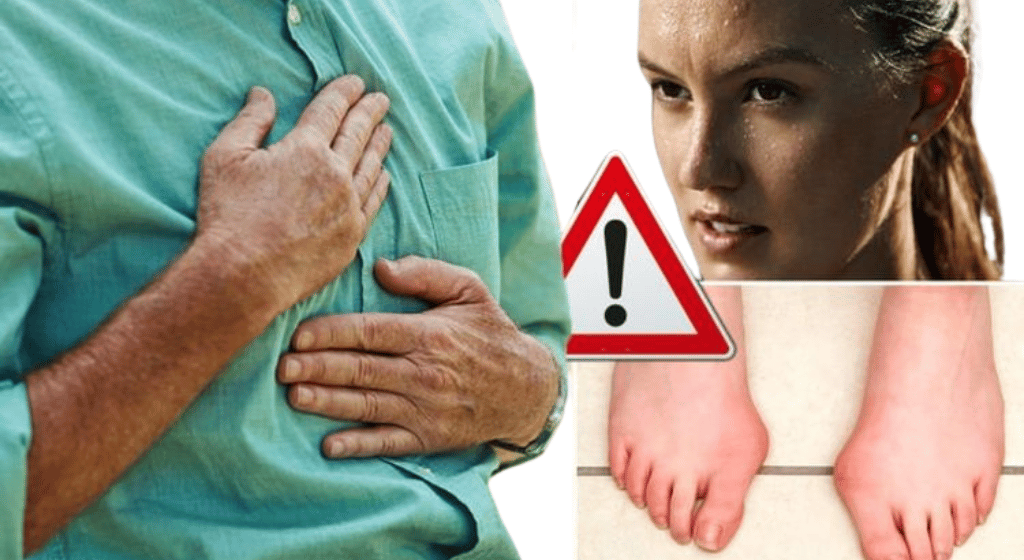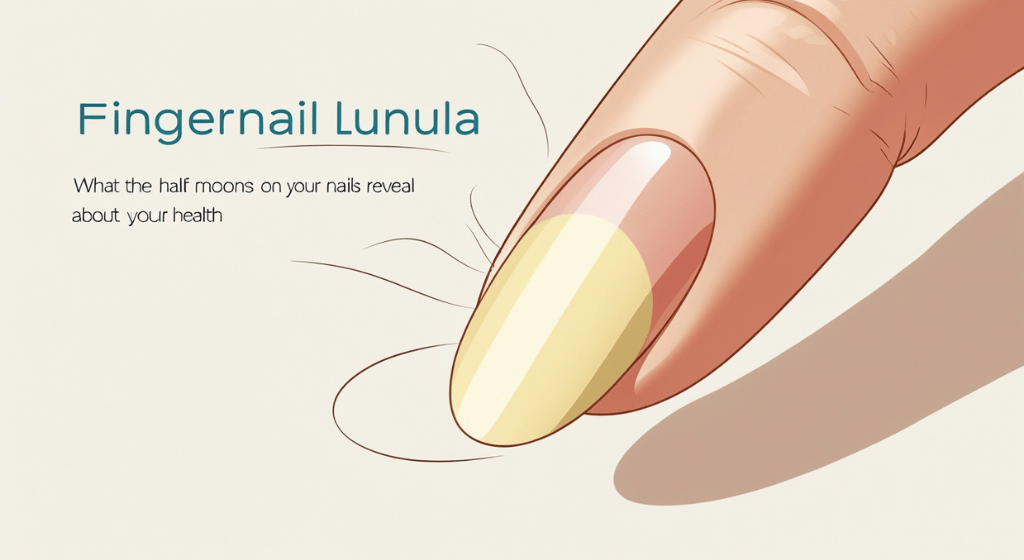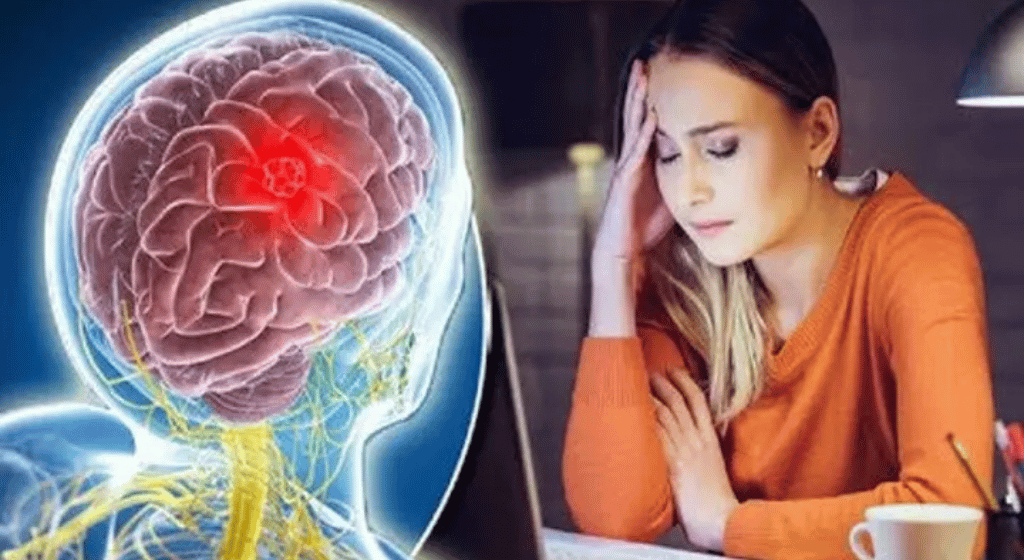Warning: 7 Warning Signs Your Body Will Show Before a Heart Attack (Are You Paying Attention?)
Did you know that it is possible to predict a heart attack several days in advance and thus avoid it? Who knows that you will have a heart attack? The last step that will help you.
50% of heart attacks make the patient stay strong throughout his life before reaching the hospital and receiving medical care, although there are signs that allow the patient to predict a heart attack a few days before it occurs, so how do you know that you will have a heart attack?
How do you know that you will have a heart attack?
In the event of a heart attack, any effect is in front of you and may actually save your life, and thus can lead to many damages that may result from it. Do not underestimate the problem and learn how to know that you will have a heart attack?
If you are at risk of having a heart attack, we offer you this set of indicators that require your attention and interest before it is too late:
1- Chest pain
Pain as an indicator of a heart attack is not the severe pain that the patient feels during the attack.
The patient may feel severe pain several days before a heart attack, and the pain ranges between pain in the jaws, shoulders, arms, neck, jaw and back, and those who experience it describe it as a state of oppression, contraction and pressure in the chest area.
The patient can feel it and estimate it as follows:
Pain after exerting great physical effort: where the period of blood flow to the heart is weakened by the arteries, and this pain disappears after relaxation and injury.
Pain not related to the expectation of something happening: It may develop in a person during his rest period and without exerting any effort, while doctors do not help him otherwise.
In general, the pain of injury develops prematurely and slowly, which determines the person’s ability to sense imminent danger, which is why they usually attribute it to reasons such as aging and their sense of danger.
2- Heart palpitations
Heart palpitations mean an acceleration of the heartbeat or heart palpitations and an irregular heart rate, and this may be one of the answers to the question: How do you know that you are about to have a heart attack?
Causes of heart palpitations can include:
- Stress and fatigue.
- Use of certain medications.
- These include stimulants such as caffeine, nicotine and alcohol.
- Severe emotions.
- But sometimes this may indicate that these palpitations are a disorder and that a heart attack is on the way, especially if it is an emergency event, so if you suffer from partial and clear palpitations for a long time, do not blame yourself at all, but perhaps go to your doctor as soon as possible.
3- Shortness of breath
When we talk about compressed arteries, any effort on your part that is not made by their owners will increase the pressure on your heart, as it pumps oxygen from the blood to the rest of the cells and organs of the body.
So in this case we start to feel short of breath after the physical activity we are used to, and it is very necessary to consult a doctor quickly, because this may be a real indicator of heart disease on the days of the examination.
4- Excessive sweating
When the heart and arteries have difficulty pumping blood to the vascular area of the body’s arteries, they work with double effort, causing their temperature to rise and cool them through sweating.
People usually resort to other different reasons for sweating, but if you do activities and know it better, or if you notice that you are doing normal activities for you but you sweat more, you regain your health.
5- Nausea
Upon arrival, although the heart is doing its best to pump blood, the blood reaches the body’s organs only to a certain extent, and when it reaches the organ to a limited extent, it becomes sick, which may lead to intestinal and final cramps.
6- Weakness and dizziness
Continuing to answer, how do you know that you are about to have a heart attack? Pressure on the body to ensure complete blood isolation due to blockage of medical isolation, because there is no need to create a state of anxiety in the body that leads to weakness and dizziness over time.
So, if you feel exhausted and tired despite taking transparent products or without making intensive efforts, you should really do the necessary tests.
7- Other signs
Here we complete the answer to the following question: How do you know that you are about to have a heart attack? By mentioning these signs:
- Many people suffer from panic attacks.
- A periodic sound or whistle.
- Insufficient information.
- Burning silicone.
- Abdominal pain.
How to survive a heart attack when you are alone?
Heart attacks are a common health problem that can lead to death. What are the symptoms of a heart attack? How to survive a heart attack when you’re alone?
Symptoms of a heart attack usually appear without warning and can last for days. How to survive a heart attack when you’re alone?
How to survive a heart attack when you’re alone?
Heart attacks occur when the blood vessels leading to the heart are narrowed by a blood clot or fatty deposits, reducing the flow of oxygenated blood to the heart cells, leading to damage to those cells, or even death – if appropriate treatment is delayed.
Given the nature of heart attacks that can happen at any time and in any place, how to survive a heart attack when you’re alone if you’re experiencing symptoms?
Therefore, it is important to know the first aid procedures that a person can do quickly to save his life, which are as follows:
Immediately call the emergency services without delay, and if you cannot call an ambulance and there is no one from your family or neighbors to help you, as a last resort, just drive carefully to the nearest hospital.
Stand in line and call the emergency services immediately if you feel symptoms of a heart attack while driving.
Try to stay calm while waiting for the ambulance, sit and lean against the wall and avoid exerting any effort.
Take a 325 mg aspirin tablet if you are not allergic to aspirin or any of its components, and chew the medicine instead of swallowing it if you can.
Do not take nitroglycerin unless your doctor has previously prescribed it to you.
Avoid trying unproven methods, such as drinking a glass of water and pepper, as there is no scientific evidence to support this method.
Do not do any activities that cause stress, such as coughing, as this is not necessary during a heart attack. Although coughing is a way to restore the normal heart rhythm, it is a way to restore the normal heart rhythm during irregular heartbeats, not during a heart attack.
Symptoms of a heart attack
Symptoms of a heart attack may appear after several days with mild symptoms and are not necessarily caused by stress, as heart attacks can occur even when a person is in a relaxed state.
It is important to know the symptoms of a heart attack so that you know how to survive a heart attack when you are alone? And you can take appropriate measures immediately after it occurs. The following are the most important symptoms of a heart attack:
- Pain in one area, which may be accompanied by pressure or squeezing and nothing but pain, with the pressure continuing or continuing, and these symptoms are more common in men.
Shortness of breath even in cold weather.
- Enjoying leisure time and feeling a burning sensation.
- Chest pain that extends to the shoulders, neck, jaw, teeth, back, arms or upper abdomen, and this phenomenon does not appear frequently in women.
- Dizziness and awareness.
- Crossroads.
- Fatigue and exhaustion without the body making any effort.
- How can you have a heart attack?
- After you know how to survive a heart attack while you are alone? It is worth noting that although there are many risk factors that cannot be changed, such as age, genes and gender, there are many rough ways that you can follow to reduce the risk of a heart attack.
- Here’s what comes next:
- Quit smoking, because smoking is one of the most important factors leading to heart attacks, among other diseases.
- Maintain normal blood pressure and blood sugar levels, as well as the quality of fats at a normal level, while taking medications regularly.
- Maintain a healthy lifestyle, and exercise every day, God willing, and exercise provides a small amount of healthy and necessary fats, and it is rich in vegetables and does not cause obesity.
- Achieve healthy weight loss and the desire to lose weight if the ideal person suffers from obesity.
- Discover common dangerous things, such as drinking alcohol.
- Try to control psychological problems and anxiety by following some controllable methods, such as practicing yoga, walking, and breathing.
- Get enough sleep and rest at night, and sleep from 7 to 9 hours a day.



